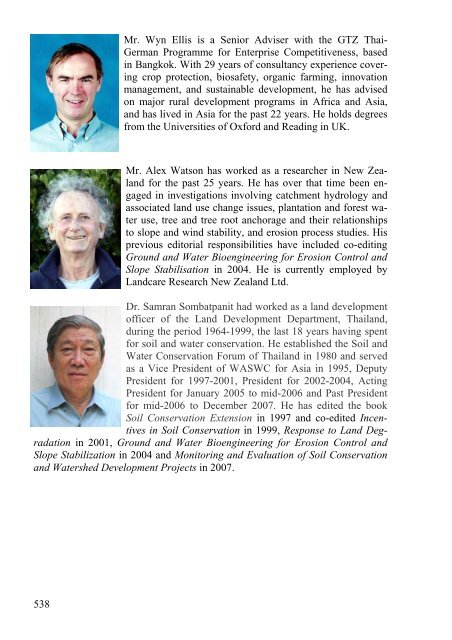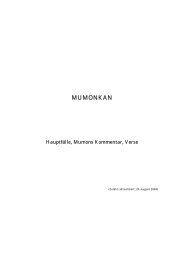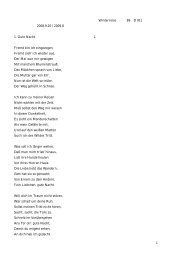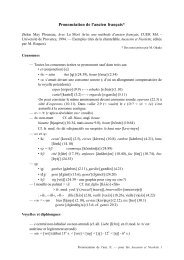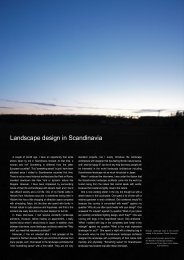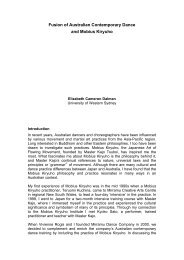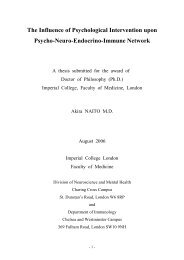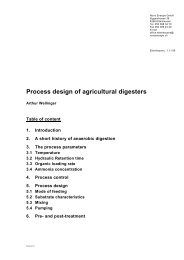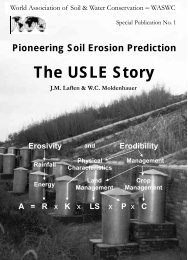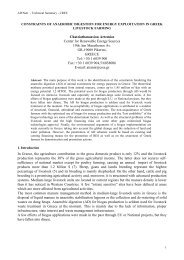III. No-Till Farming Systems - nifty
III. No-Till Farming Systems - nifty
III. No-Till Farming Systems - nifty
Create successful ePaper yourself
Turn your PDF publications into a flip-book with our unique Google optimized e-Paper software.
538<br />
Mr. Wyn Ellis is a Senior Adviser with the GTZ Thai-<br />
German Programme for Enterprise Competitiveness, based<br />
in Bangkok. With 29 years of consultancy experience covering<br />
crop protection, biosafety, organic farming, innovation<br />
management, and sustainable development, he has advised<br />
on major rural development programs in Africa and Asia,<br />
and has lived in Asia for the past 22 years. He holds degrees<br />
from the Universities of Oxford and Reading in UK.<br />
Mr. Alex Watson has worked as a researcher in New Zealand<br />
for the past 25 years. He has over that time been engaged<br />
in investigations involving catchment hydrology and<br />
associated land use change issues, plantation and forest water<br />
use, tree and tree root anchorage and their relationships<br />
to slope and wind stability, and erosion process studies. His<br />
previous editorial responsibilities have included co-editing<br />
Ground and Water Bioengineering for Erosion Control and<br />
Slope Stabilisation in 2004. He is currently employed by<br />
Landcare Research New Zealand Ltd.<br />
Dr. Samran Sombatpanit had worked as a land development<br />
officer of the Land Development Department, Thailand,<br />
during the period 1964-1999, the last 18 years having spent<br />
for soil and water conservation. He established the Soil and<br />
Water Conservation Forum of Thailand in 1980 and served<br />
as a Vice President of WASWC for Asia in 1995, Deputy<br />
President for 1997-2001, President for 2002-2004, Acting<br />
President for January 2005 to mid-2006 and Past President<br />
for mid-2006 to December 2007. He has edited the book<br />
Soil Conservation Extension in 1997 and co-edited Incentives<br />
in Soil Conservation in 1999, Response to Land Degradation<br />
in 2001, Ground and Water Bioengineering for Erosion Control and<br />
Slope Stabilization in 2004 and Monitoring and Evaluation of Soil Conservation<br />
and Watershed Development Projects in 2007.


